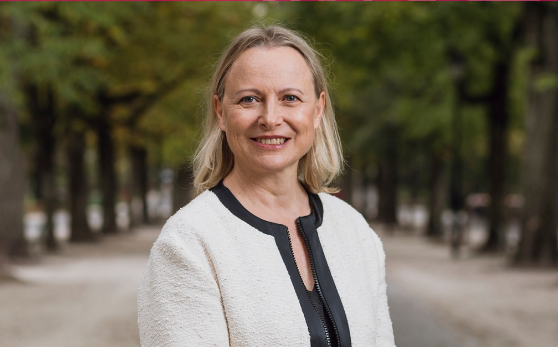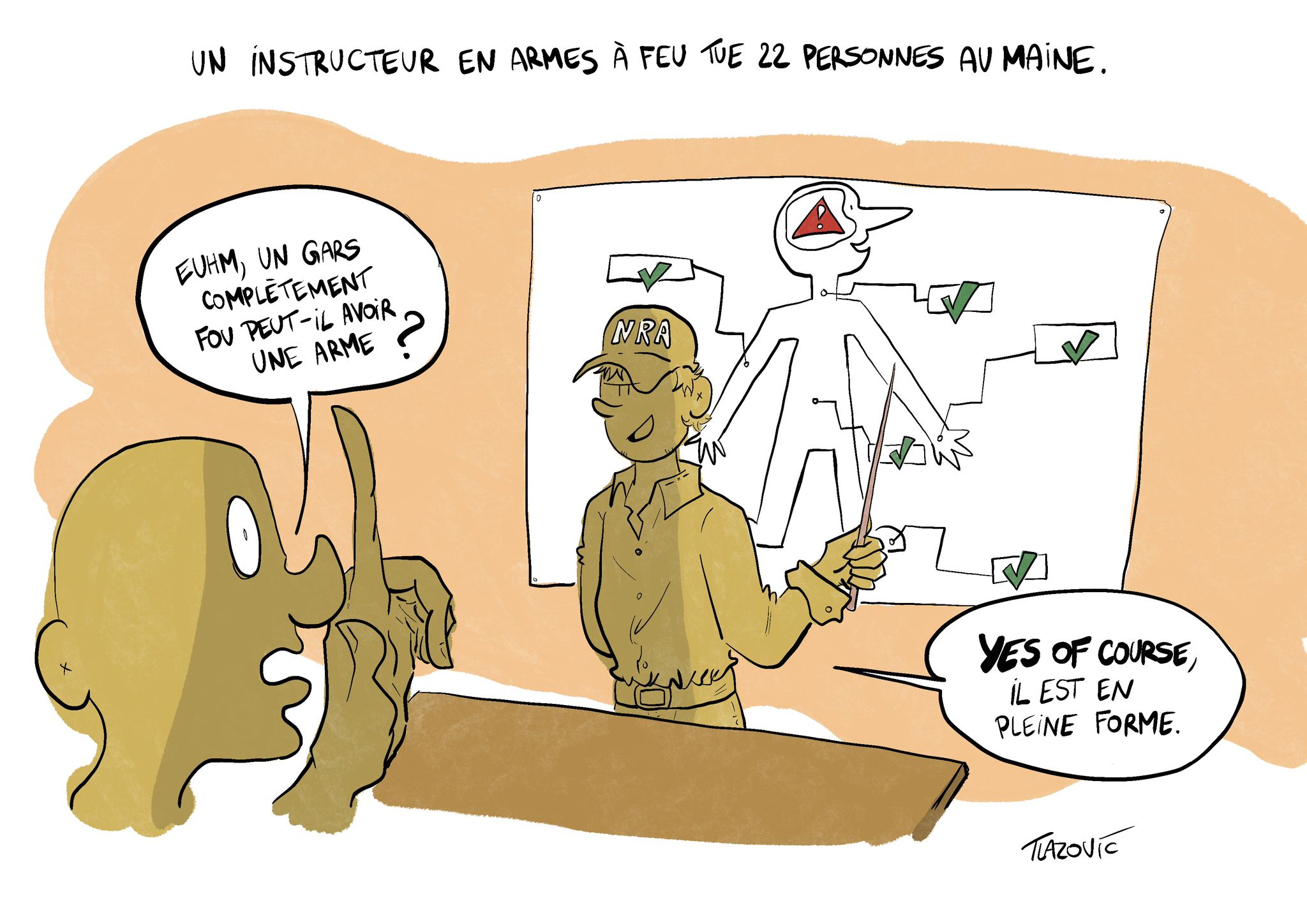At the Faculty of Humanities, an inside joke has become popular among some students: “there are nine female students and a male student in their first year of bachelor’s. Who among them do you think will achieve the title of ‘Professor’ ?” The reader is free to answer the question; however, as recent statistics prove, the exception is, in most cases, the rule. Indeed, despite a student body that is 70% female, only 30% of the professors at the Faculty of Humanities are women (1). But what these statistics don’t show is that the faculty has lots of departments, some of them with a proportion of female staff far below this average.
Of course, the percentage mentioned in the title is optimistic. After six semesters taking modules in a wide range of departments, I can confirm that in most of my seminars on literature we were all, or mostly, women. 90-100% of female students. So, where are the men? Simple and clear: in front of us, lecturing, and in books as authors we study.
It is well-known that until recently, women did not have the chance to get published in publishing houses as easily as men did (2). And still. For the last eighty years classes in humanities have been crowded mostly with female students who today are readers and tomorrow will be literature critics or academics. How is it still possible that in our secondary reading lists (3) we only, or mostly, find male names? It is a contradiction, as well as a provocation. Of course, there are exceptions, but these exceptions are not the rule (yet).
In the Faculty of Humanities’s various buildings, there are 86 male busts, and zero female busts. Marc Askanazy (1865-1940), August de la Rive (1801- 1873), Carl Vogt (1817-1895)… In their day, these men were important figures of the intellectual elite of Geneva. But in 2018, w (a)t are they doing there ? Do they still symbolize knowledge ? La Sagesse ? Perhaps power ? Who do they actually represent ? These and other issues will be discussed in an interdisciplinary working group concerning the updating of “UniBastions” that will take place next semester. The working group welcomes any proposal or reflexion coming from students and staff (4).
Interested in these issues? I would like to encourage you to attend the conference’s week on feminist humanities (23th-27th April) organized by CELVS (Collectif d’Étudiant.e.s en Lutte contre les Violences Sexistes et le harcèlement sexuel) and SoPhIE (Société pour une Philosophie Inclusive et Égalitaire).Though a clear majority in the corridors of the faculty and the queue at the cafeteria, women still lack representation as professors and conference speakers. Again, we hope this contradiction won’t last much longer.
All these warning signs leave me wondering: what are male students waiting for to join the Faculty of Humanities to end their under-representation? Hurry up! The deadline is 30th April.





Laisser un commentaire
Vous devez vous connecter pour publier un commentaire.